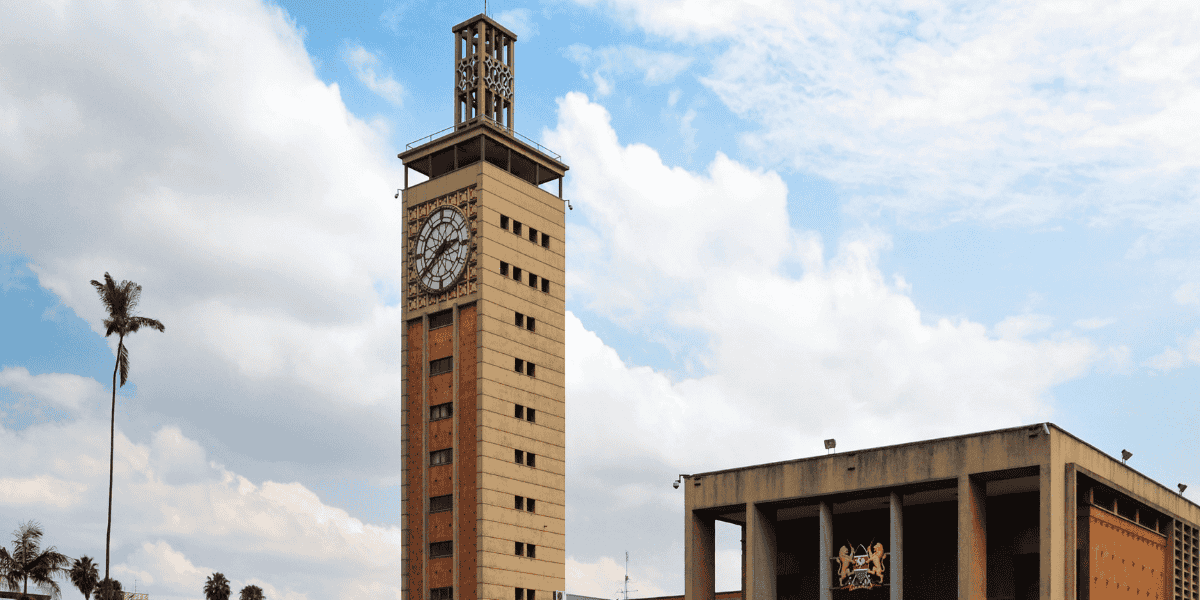Kenya’s parliament approved on Friday, 7 June 2024, a budget of KES 4 trillion (USD 31.01 billion) for the fiscal year starting in July 2024, an increase from the initial KES 3.75 trillion budget approved in 2024.
The finance ministry is expected to present the final 2024/25 budget next week, with minor adjustments.
According to the 2024 Budget Policy Statement (BPS), the 2024-25 budget also includes allocations to counties. Out of the KES 4 trillion budget, counties will receive KES 54.72 billion, while the national government is expected to receive KES 2.5 trillion, which is a modest increase from the allocated KES 2.46 trillion of the 2023-24 financial year.
The BPS projects the debt-to-GDP ratio to be 61.9% in 2024, down from 64.4% in 2023. It is expected to go down even further, to 60.2% in 2025, 58.3% in 2026, and 56.6% in 2027.
Kenya’s fiscal risks are high because the African nation has to deal with unstable international commodity prices, strict external financing conditions, high inflation, and drought.
The Kenyan currency is also at risk of being depreciated further against major currencies, increasing the cost of debt, as 50% of Kenya’s foreign debt is in foreign currencies.
The Kenyan government has historically depended on borrowing to mitigate debt risk and finance capital investments. But, it has become unsustainable as the economy faces challenges and public revenues aren’t increasing.
To address this, the government will announce the Finance Bill 2024 alongside the 2024-25 budget. This draft legislation proposes tax changes to boost revenue, but critics say that the proposed tax measures could adversely impact Kenya’s critical sectors, such as financial services and manufacturing.
The Kenyan President William Ruto, however, defended the budget reiterating that the proposed tax measures will reduce the country’s dependence on foreign loans.












